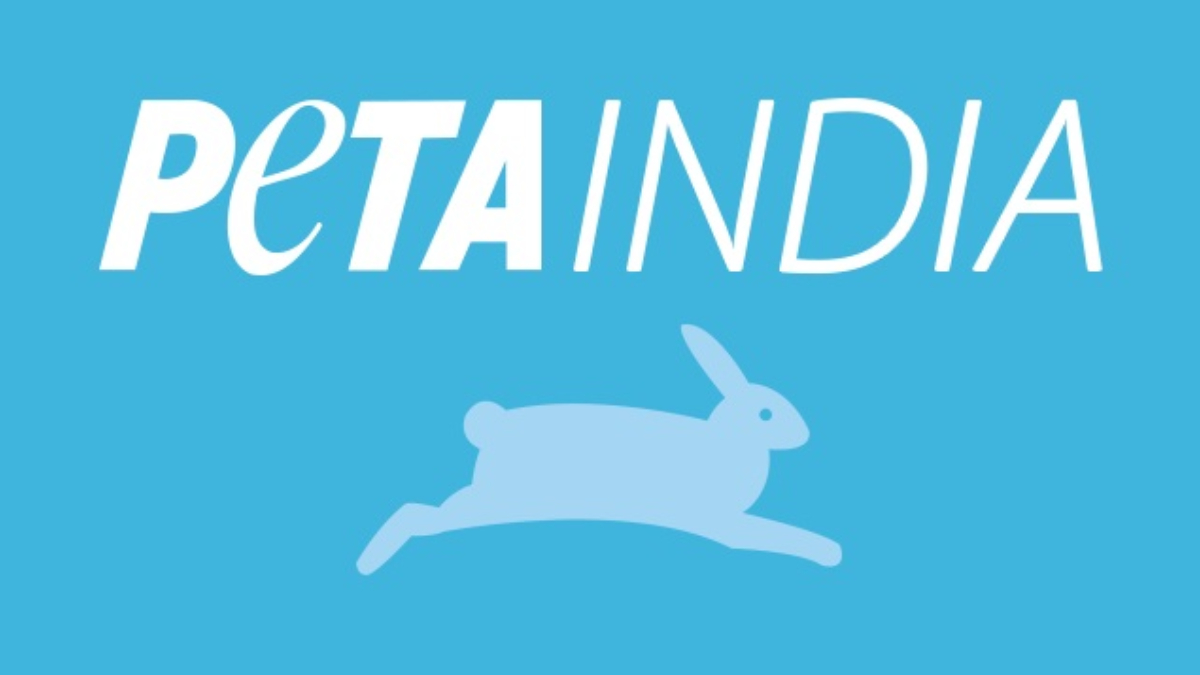PETA India activists in tricolor outfits and animal masks promote veganism at Azad Maidan on Republic Day | https://resources.peta.org
Navi Mumbai: In celebration of India’s 76th Republic Day, People for the Ethical Treatment of Animals (PETA) India is calling on citizens to honour Article 51A (g) of the Constitution, which underscores the fundamental duty of showing compassion towards animals. The organization is urging Indians to embrace this principle by adopting a vegan lifestyle.
To spread the message, PETA India is organizing a unique demonstration at Azad Maidan, Fort, Mumbai, on Friday, 24 January, at 12 noon. Supporters of the organization will don orange, white, and green outfits inspired by the Indian flag while wearing masks of cows, goats, and chickens. Walking on stilts, these activists aim to encourage people to “stand tall” for animals by eating vegan.
“India is renowned globally for its cultural and religious reverence for animals. It is also our Constitutional duty to show compassion for animals and respect for the environment,” said Atharva Deshmukh, PETA India Campaigns Coordinator. “Vegan eating originated in India, and today, nearly 60 percent of Indians are open to trying a vegan diet, according to a YouGov India poll.”
PETA India highlights that veganism is deeply rooted in Indian culture. Historical evidence suggests that a Himalayan tribe practiced veganism as early as 5,000 years ago. Vegetarianism, too, originated in India and began influencing Western diets as early as the fourth century BCE.
According to a 2023 YouGov India poll, 59 percent of respondents expressed interest in adopting a vegan diet, with 74 percent agreeing that it is beneficial for health, 73 percent acknowledging its role in preventing animal exploitation, and 72 percent recognizing its environmental benefits.
The organization’s exposé, Glass Walls, reveals the harsh realities of animal farming. Chickens raised for eggs are confined in cages so small they cannot spread their wings. Cows and buffaloes are transported in overcrowded vehicles, often resulting in broken bones, while fish are suffocated or cut open alive on fishing boats. Male chicks and calves, considered non-productive, are frequently killed shortly after birth.
PETA India emphasizes the broader benefits of a vegan lifestyle. “Each person who goes vegan spares nearly 200 animals annually from suffering and a painful death,” the organization said in a statement. Studies also highlight the health benefits of veganism, including reduced risks of heart disease, diabetes, obesity, and cancer.
“SARS, swine flu, bird flu, and likely COVID-19 all spread to humans from confining and killing animals for food. Researchers at the University of Oxford found that not consuming meat and dairy can reduce an individual’s carbon footprint from food by up to 73% and that a global switch to vegan eating could save up to 8 million human lives by 2050 and reduce greenhouse gas emissions by two-thirds,” PETA further emphasised.
